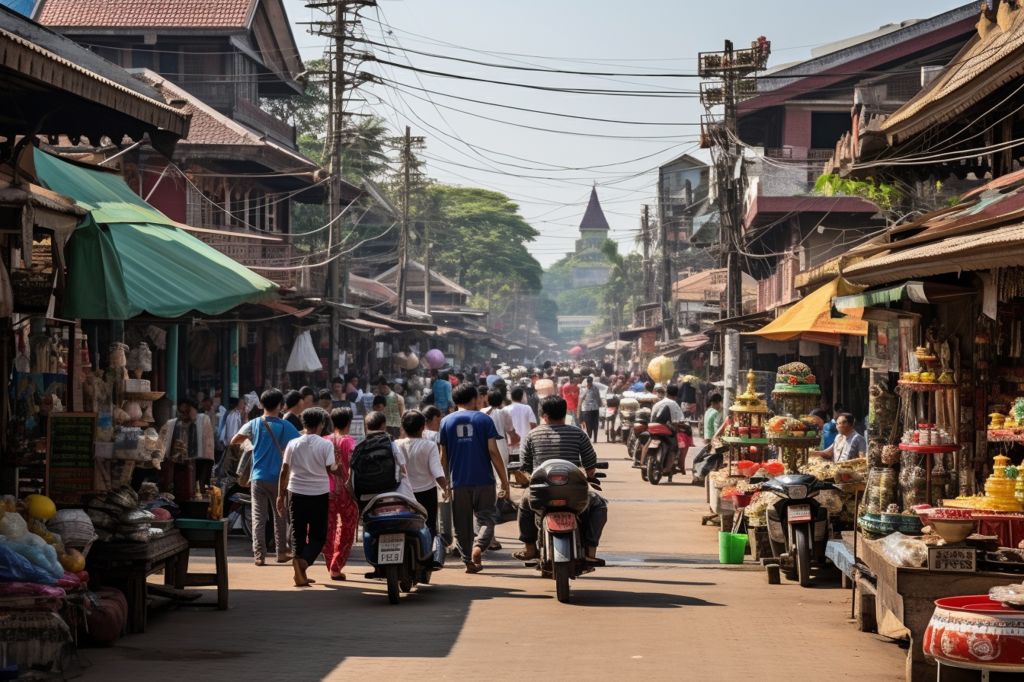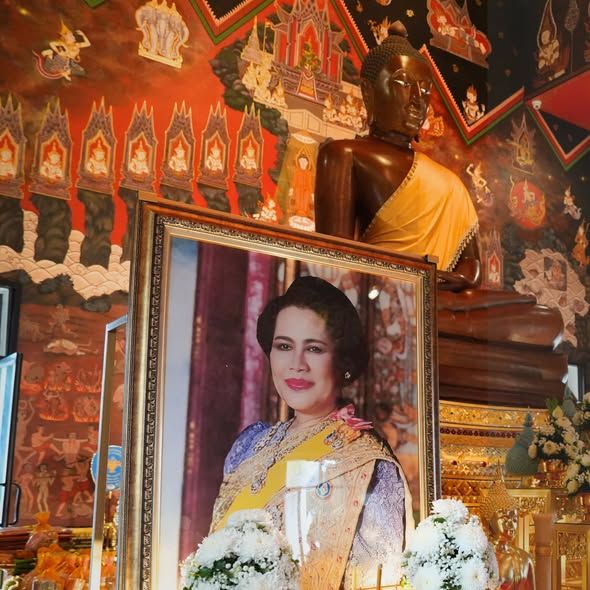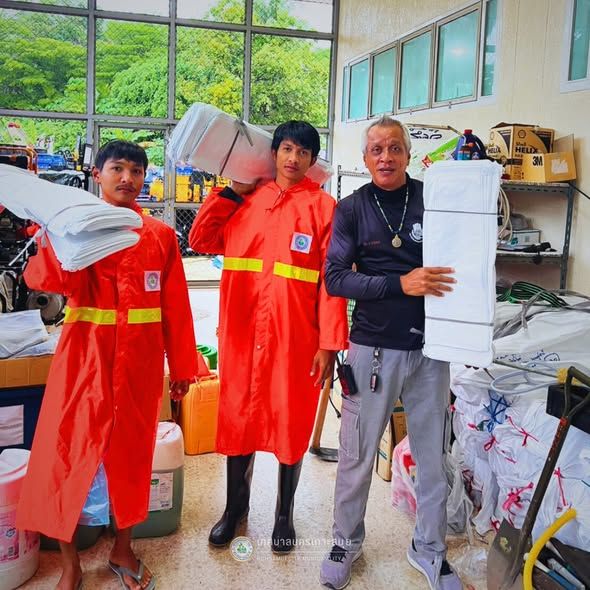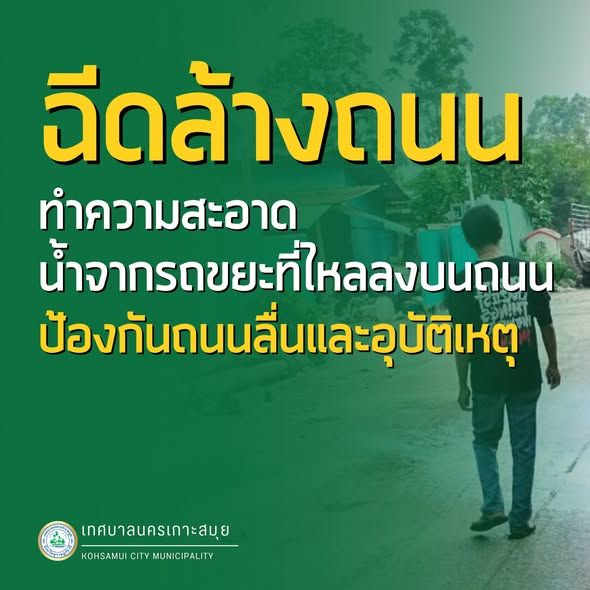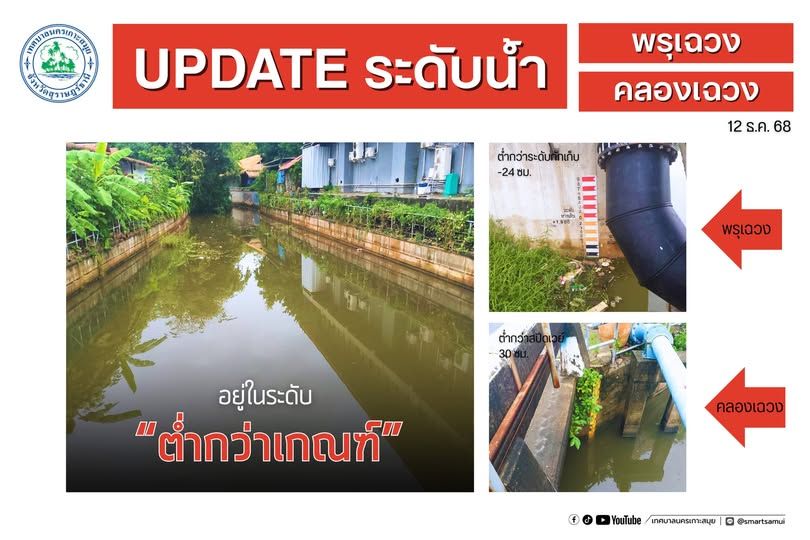Influx of Chinese Expats and Businesses
The Huai Khwang district in Bangkok has witnessed a growing parallel Chinese society, as more Chinese expats have settled in the area. Dubbed the second Yaowarat or Bangkok’s new Chinatown, Huai Khwang saw a temporary exodus of Chinese vendors during the pandemic. However, with the Chinese government reopening its borders in January, investors have returned to the district, bringing life back to Pracharat Bamphen Road and the surrounding area.
Effects on Local Businesses
The increase of Chinese residents and businesses in Huai Khwang has significantly impacted locals. Chanchai Suksabai, a vegetable trader, noted that the influx of Chinese people began about ten years ago. Due to high demand, commercial rent prices for houses and buildings have risen from 10,000 baht a month to 40,000-50,000 baht per month, resulting in Thai entrepreneurs being forced to relocate.
On the other hand, some Thai businesses have benefited from Chinese customers. For instance, a Thai massage parlor owner mentioned that more than half of her customers are Chinese. Additionally, the presence of Chinese businesses in the area helps attract more Chinese tourists.
However, there are also concerns about the behavior of Chinese expats and the impact on local Thai culture. Issues like loud noise, smoking in inappropriate areas, and quarrels have been raised by locals.
Employment and Competitiveness
Chinese businesses often hire Chinese employees because few Thais can speak their language. They may import raw materials or goods from China instead of sourcing locally. Some Thai businesses struggle to compete with Chinese counterparts, as Chinese customers tend to patronize businesses run by fellow Chinese.
Kittisak, a Thai grocery shop owner, says that the kindness Thais show guests and favorable government policies attract Chinese investment, but the Thai government should introduce more regulations to control Chinese businesses and minimize their impact on local traders.
Authorities Respond to Concerns
Bangkok governor Chadchart Sittipunt has ordered the Huai Khwang district chief to enforce regulations on Chinese-funded businesses in the district. This follows a Chinese expat’s TikTok video that highlighted the ease of living in Thailand without speaking Thai, sparking criticism among Thai netizens.
Chadchart has also ordered the district office to monitor Chinese-backed businesses, especially restaurants and illegal businesses, to ensure they follow laws and regulations.
Chinese Expats’ Perspectives
Chinese expats are drawn to Huai Khwang due to its proximity to the Embassy of China, the Embassy of Korea, and several world-class companies. The wide range of businesses in the district allows Chinese expats to overcome communication barriers and other everyday problems.
Li Ping Xia, a property manager in the area, said Huai Khwang is like a second Chinatown, where living in the Chinese community is convenient. Zhang, a Thai language student in Huai Khwang, noted that it was easier to find tenants and investment returns were steadier before Covid-19.
However, fewer Chinese visitors are coming to Thailand than anticipated due to concerns about scams, reports of Chinese nationals being abducted, and a growing number of “grey businesses.”
